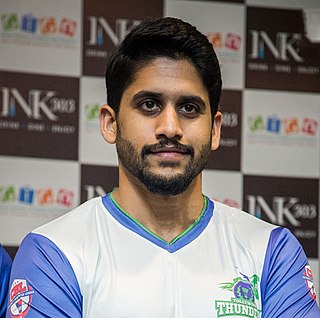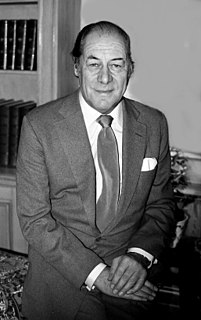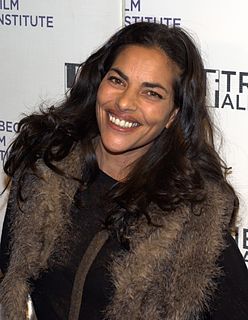A Quote by Manuel Puig
In film, you can't go into analytical explorations because the audience will reject that.
Related Quotes
For me, as a film goer, I like nothing more than to sit in the cinema, have the lights go down and not know what I'm about to see or unfold on-screen. Every time we go to make a film, we do everything we can to try to systematise things so we're able to make the film in private, so that when it's finished it's up to the audience to make of it what they will.
The kind of sleep that I had during my own film [Certified Copy] screening in Cannes is different. It's not because of the specificity of the film. It was because of my relationship as an author to this film. Usually when I take my films to festivals, I feel incredibly anxious about them. I wonder how it will be received, how the audience will react. I feel deeply responsible for them. Whereas this time, I didn't have that responsibility on my shoulders.
I've always loved theatre because it's so immediate. The challenge of it is that, career wise, it's easier to get traction in the industry if you do film and TV because the audience is larger, and because the work can be seen for a longer period of time. I did solid work in a series of regional and Off-Broadway shows, but the work I did on TV or film will have a longer life with a larger audience (and with services like Netflix). Ultimately, there's something intimate about TV, because the storytelling and the actors come home with the viewer. It can be powerful because of that.
I must say here in France I had more serenity or security as I was working because I knew I was making the film the way I wished and that the film would be seen, ultimately, which is not always the case in Iran. In Iran, you always work having in mind this worry of will I be able to carry on my project as I wish and will the audience see the film.
I think the biggest challenge was being aware of a certain audience that was going to see this film [lone survivor]. There's a big difference from a typical movie, journalists and critics and film goers that go see it find that, that's the general experience you have as a filmmaker. So that just kind of proves my point that there's a really different audience.
Acting is bad acting if the actor himself gets emotional in the act of making the audience cry. The object is to make the audience cry, but not cry yourself. The emotion has to be inside the actor, not outside. If you stand there weeping and wailing, all your emotions will go down your shirt and nothing will go out to your audience. Audience control is really about the actor



































